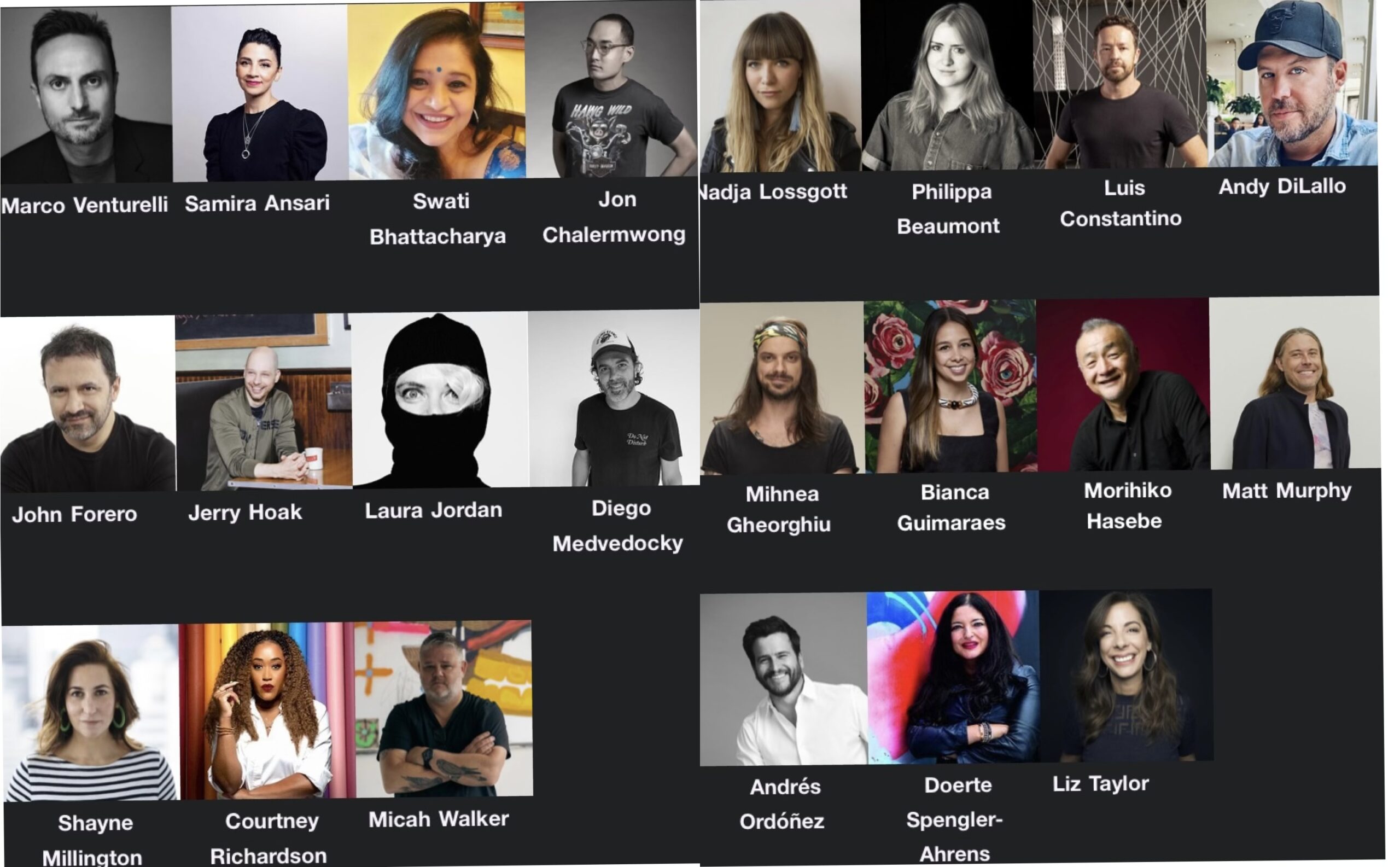By Ayomide Oriade
Oral care is an essential practice carried out daily by families across the world. Hence, it has continued to attract investors in the fast moving consumer goods segment. A global research report estimated the global oral care market to be $ 39.1 billion in 2014. It is expected to hit $ 50.8 billion by 2020.
The Nigerian market
With a population of about 170 million, Nigeria is an attractive readymade market for oral care products, especially toothpaste. As at the last count, it was observed that over 30 toothpaste brands are jostling for market share nationwide. While some have emerged top of the pile brands with national spread, some products are regional players.
In the Nigerian oral care market, four toothpaste brands can be piled together in the ‘A’ category. Oral-B by Procter and Gamble, Close Up by Unilever Nigeria Plc, Dabur by African Consumer Care Limited, and Macleans by Glaxosmithkline Nigeria Plc. Manufacturers of these products have the financial muscle to push their brands with elaborate camapigns. These products are visible in the market. They are being put in the face of consumers and this tend to elicit demand. These brands appeared to be in a league of their own.
Competition
A generation of Nigerian children grew up knowing toothpaste as ‘Macleans’. Such was the patronage that made the brand command a generic name then. The brand lost its place, giving room for Close Up to snap up market leadership position. Close Up, a flagship product of Unilever Nigeria, became the cash cow of the company and Unilever have supported the brand with elaborate marketing campaign and social initiatives which has been able to sustain brand loyalty and love.
In 2015 or thereabout, Dabur Herbal came into the market with the aim of altering the status quo. With an appeal that the paste was made with natural herbs, the brand got a share of the market. It got patronage from consumers who share the sentiments of African herbs.
The competition became stiffer after Oral-B made its debut in the Nigerian market in 2011. Around this time, Dabur suffered from a smear campaign, as information went round that the product has a damaging side effects. This played to Oral-B’s advantage. Though Close Up has remained the market leader, but the gap has increasingly shrinked. Until a couple of years ago, Close Up dominated the market with over 50% share. However, a 2015 market survey report by Euromonitor comfirmed that Close Up still lead the oral care market in Nigeria, but with 23% retail value share.
The market now
The prevailing economic situation of a society tend to impact on its market forces, and the Nigerian market is not an exception. In an attempt to ascertain the true reflection of the oral care market, Marketing Edge visited some retail outlets in Ifako Ijaiye and Ikeja. After engaging some retailers and consumers, it was discovered that there’s an emerging new market trend driven by the current economic realities. Every shop owner interviewed attest to the war of supremacy going on between Oral-B and Close up, but one seem to be making a superiority statement.
As expected during recession, consumers would demand value for any kobo spent. And even in the face of brand loyalty, price at this time determines patronage. A retailer, Muhhamed said both brands are on his shelf in their different sizes and variants because they are the most sought after by consumers, but one currently sells than the other. Muhammed said from his own observation, one of the products is losing its share as a result of price hike. “Close Up is selling very well. Around last year, people began to change to Oral-B. The people producing Oral-B have now raised the price. We now buy Oral-B for N280, and we have to make our profit. I sell it for N300. Some of my friends in Magodo sell it for N320. So people have started buying Close-Up again.’’
Another retailer popularly called Iya Ibeji in Ikeja, said “Before, I use to stock Olive, Pepsodent, Dabur, but now, I only buy Close Up and Oral-B because that is what people demand for. I still buy Dabur because some people like it, but not in quantity like before. Last year, Oral-B was selling very well. That time, if I buy a pack of Oral-B and Close Up, the Oral-B will finish first. But now that the price has gone up, people have started buying Close Up again.”
What to expect:
What can be deduced from the market is that most users of Oral-B toothpaste shifted from Close Up. Oral-B had snatched a reasonable percentage of market share from the leader. But due to its recent price hike, it has lost some of the mometum it garnered recently. But despite the slight set back occassioned by the price hike, Oral B has continued to support their brands with robust camaigns in the fight for market leadership.
Analysts have however opined that this scenario maybe trigger a new price was between the two market leaders in the battle for consumer’s patronage. Whichever way it plays out, the consumer may end up the ultimate winner. And this might also be a good time for smaller brands to force their way into the market, depending on the efectiveness of their marketing strategies.






Comment
No comments found.